Thunder Bay and Orillia, Ont. – Lakehead University researchers Dr. Martha Dowsley and Dr. Debra Mackinnon are leading two community-based studies that will impact how societies understand and navigate food sovereignty and public safety.
Dr. Dowsley, Associate Professor in Anthropology and Geography and the Environment, is partnering with Lac Seul First Nation (LSFN) in Northwestern Ontario and Nubian communities in Egypt to explore the role of focal plants in the community’s survival, culture, and self-determination and how that role has been altered by the flooding of traditional lands. The study is supported by a $328,000 grant from the Social Sciences and Humanities Research Council (SSHRC).
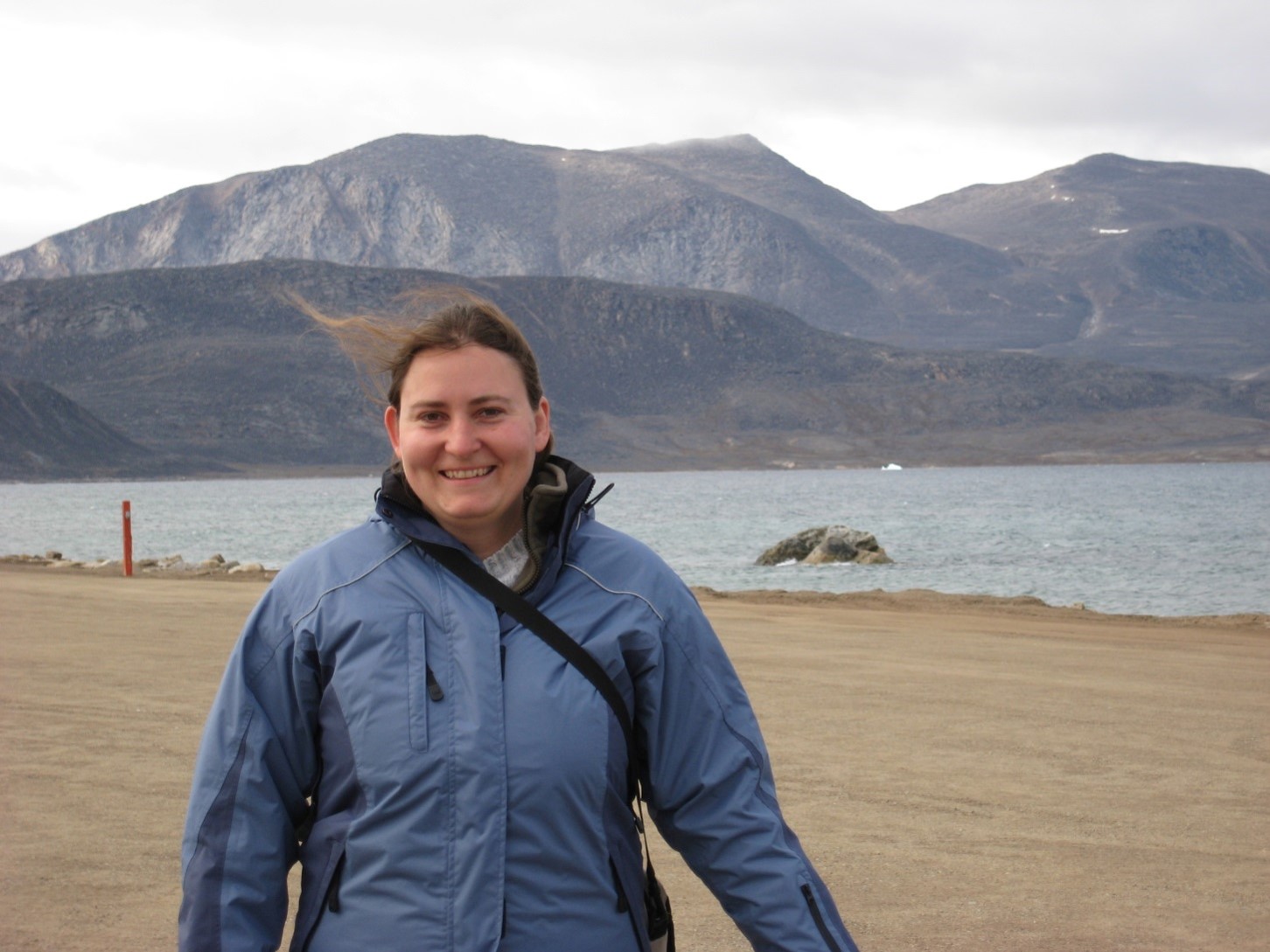 “Many Indigenous communities have lost lands and resources to hydroelectric development, severely impacting their economic and cultural wellbeing,” Dowsley explained. “By studying some of these injured human-plant relationships we hope to support communities in strengthening their plant relationships. This can have important impacts in areas such as the Sustainable Development Goals, improving the lives of girls and women, and building resilience into damaged local food systems.”
“Many Indigenous communities have lost lands and resources to hydroelectric development, severely impacting their economic and cultural wellbeing,” Dowsley explained. “By studying some of these injured human-plant relationships we hope to support communities in strengthening their plant relationships. This can have important impacts in areas such as the Sustainable Development Goals, improving the lives of girls and women, and building resilience into damaged local food systems.”
For the study, each community selected a plant with economic and cultural significance: LSFN chose wild rice (manomin) and the Nubian communities date palm and a fodder plant called kashrangig. Now, the research team will explore the history of lost relationships with these plants to understand how to support Indigenous communities as they look to re-establish traditional practices. Illustrated books, films and educational resources will be created to help cultural sharing and discussions on food sovereignty and cultural resurgence.
“I hope this research will allow the two case study communities to learn about themselves through seeing how a community on the other side of the world is struggling with a similar problem,” she said. “My hope is that this project will support the communities to find new ways to use their cultural knowledge of plants to continue those plant relationships in a changed environment. It’s all about honouring and nurturing these ancient relationships and finding a place for them in a modern world.”
 In another community-focused project, Dr. Mackinnon, an Assistant Professor in Interdisciplinary Studies, will examine how libraries in mid-sized Ontario cities balance safety with their mandate of free and equitable access.
In another community-focused project, Dr. Mackinnon, an Assistant Professor in Interdisciplinary Studies, will examine how libraries in mid-sized Ontario cities balance safety with their mandate of free and equitable access.
“Public libraries are more than just places for books; they serve as critical social infrastructure by providing access to information, encouraging social inclusion and equity, and fostering civic engagement,” Mackinnon explained. “However, they face growing pressure to navigate their commitment to social inclusion and equity, while managing the added pressure of ensuring the safety of all staff and patrons.”
In collaboration with public libraries in Barrie, Brantford and Thunder Bay, and in the context of ongoing social issues such as the opioid epidemic, mental health crisis, lack of affordable housing, and changing perceptions of public safety, Mackinnon and Dr. Tarah Hodgkinson of Wilfrid Laurier University will engage library staff, patrons, and community members to identify practical, community-driven solutions that support both safety and inclusivity in these spaces. The three-year study is supported by a $97,267 grant from SSHRC.
“The work conducted by Lakehead researchers is responsive and directly tied to supporting, engaging and enriching our local communities,” said Dr. Andrew P. Dean, Vice President - Research and Innovation. “Thank you to our funding partners for recognizing the importance of these projects, not just at the community level, but advancing knowledge nationally and globally in several key areas.”
In 2023/24, Lakehead University received almost $2.5 million in assistance from the Research Support Fund to support the indirect costs of research, which includes costs for supporting the management of intellectual property, research and administration, ethics and regulatory compliance, research resources, research facilities, and research security.
SSHRC Grants 2023-24
Total received: $975,920
Insight Grants (2-5 year grant)
Dr. Martha Dowsley, Department of Anthropology and Department of Geography and the Environment, “Feeding our Relationships: Investigating Anishinaabe and Nubian plant relationships in the context of food sovereignty, biocultural landscapes and sustainable development”, $328,000
- Co-applicant: Dr. Charles Levkoe, Department of Health Sciences, Lakehead University
Dr. Lindsay Galway, Department of Health Sciences, “Climate Anxiety and Coping Among Youth and Young Adults in Canada: Synthesizing and Advancing Knowledge and Practice”, $308,916
- Co-applicant: Dr. Ellen Field, Faculty of Education, Lakehead University
- Collaborator: Kate Ashwood, Youth Climate Lab
- Collaborator: Alexis Ashworth, Root in Nature, Inc.
- Collaborator: Dr. Thomas Beery, School of Natural History, Kristianstad University
- Collaborator: Katie Hayes
- Collaborator: Stacie Smith, Young Canadians Roundtable on Health
Dr. Debra Mackinnon, Department of Interdisciplinary Studies, Securitizing the last Public Bastion: Safety in Public Libraries in Mid-sized Ontario Municipalities, $97,267
- Co-applicant: Dr. Tarah Hodgkinson, Department of Criminology, Wilfrid Laurier University
- Collaborator: Barrie Public Library
- Collaborator: Brantford Public Library
- Collaborator: Thunder Bay Public Library
- Collaborator: Federation of Ontario Public Libraries
Insight Development Grant (2-year grant)
Dr. Bartholomew Chireh, Department of Health Sciences and EPID@Work Research Institute, “Work Stressors and Job Satisfaction and Mental Well-being Among Black, Indigenous, and People of Color Skilled Trades Workers in Northwestern Ontario”, $63,723
- Co-applicant: Dr. Samuel Essien, Department of Health Sciences and EPID@Work Research Institute, Lakehead University
- Co-applicant: Dr. Charles Gyan, School of Social Work, McGill University
- Collaborator: Dr. Annshirley Afful, Registrar’s Office, University of Regina
Knowledge Synthesis Grants: Evolving Narratives of Cultures and Histories (1-year grant)
Dr. Martha Dowsley, Department of Geography and the Environment, “From Manomin to ‘Wild’ Rice and Back Again: Understanding the Transformations of a Native Ontario Grain and Indigenous Cultural Resurgence”, $30,000
- Co-applicant: Dr. Keira Loukes, School of Outdoor Recreation, Parks and Tourism, Lakehead University
Individual Partnership Engage Grant (1-year grant)
Dr. Mirit Kastelman Grabarski, Faculty of Business Administration, “Coach Officer Training Development”, $25,000.
- Co-applicant: Hina Kalyal, London Police Service
Connection Grants (1-year grant)
Dr. Leisa Desmoulins, Faculty of Education (Orillia) “Multiple Perspectives for Indigenous Education Activation in Simcoe County”, $49,494.
- Co-applicant: Dr. Ruth Beatty, Faculty of Education (Orillia)
- Collaborator: Christina Ruddy
Dr. Idevania Costa, School of Nursing, “Our Voices, Our Stories: An Action-Oriented Outreach and Knowledge Exchange Webinar Series”, $48,520.
- Co-applicant: Dr. Catherine Phillips, School of Social Work (Orillia)
- Co-applicant: Dr. Catherine Schoales, School of Nursing
- Co-applicant: Dr. Michelle-Marie Spadoni, School of Nursing
- Co-applicant: Dr. Pilar Camargo Plazas, Queen’s University
- Collaborator: Irmajean Bajnok, Wounds Canada
- Collaborator: Mariam Botros, Wounds Canada
Individual PCH-SSHRC Initiative for Digital Citizen Research (Connection) (1-year grant)
Dr. Davut Akca, Department of Interdisciplinary Studies (Orillia), Combatting Hate Speech in an Increasingly Polarized Era Conference, $25,000.
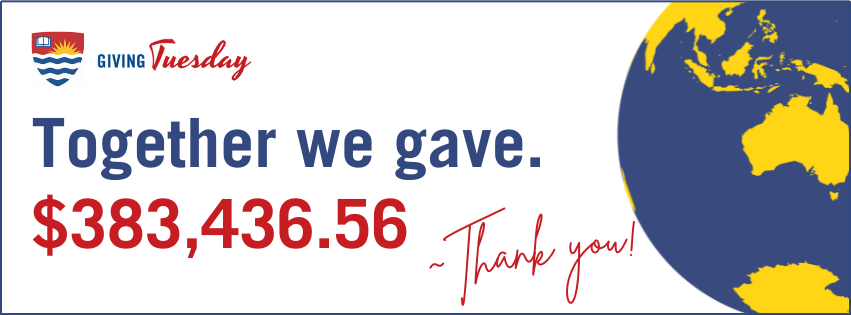


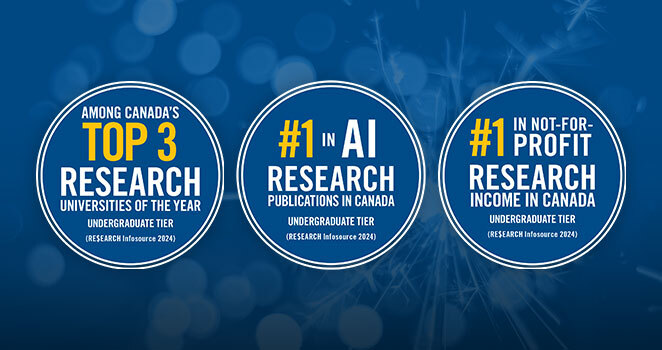
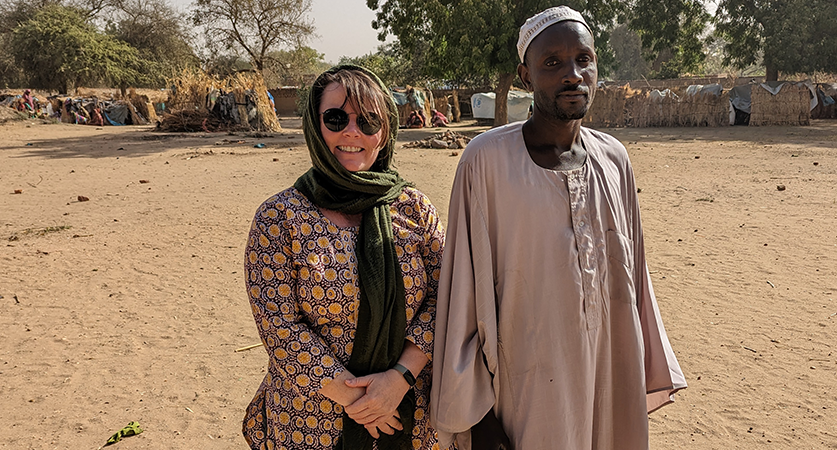
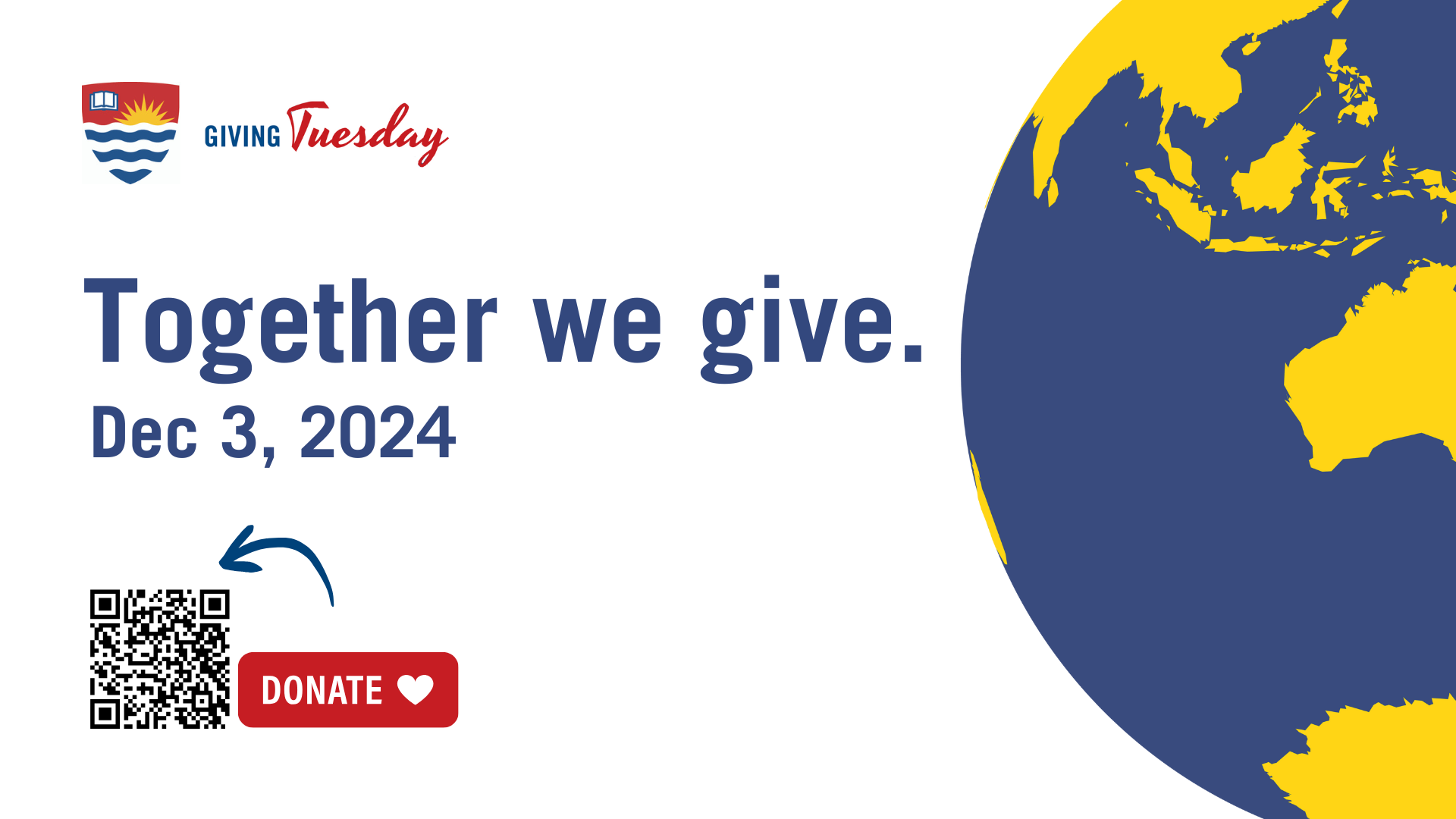
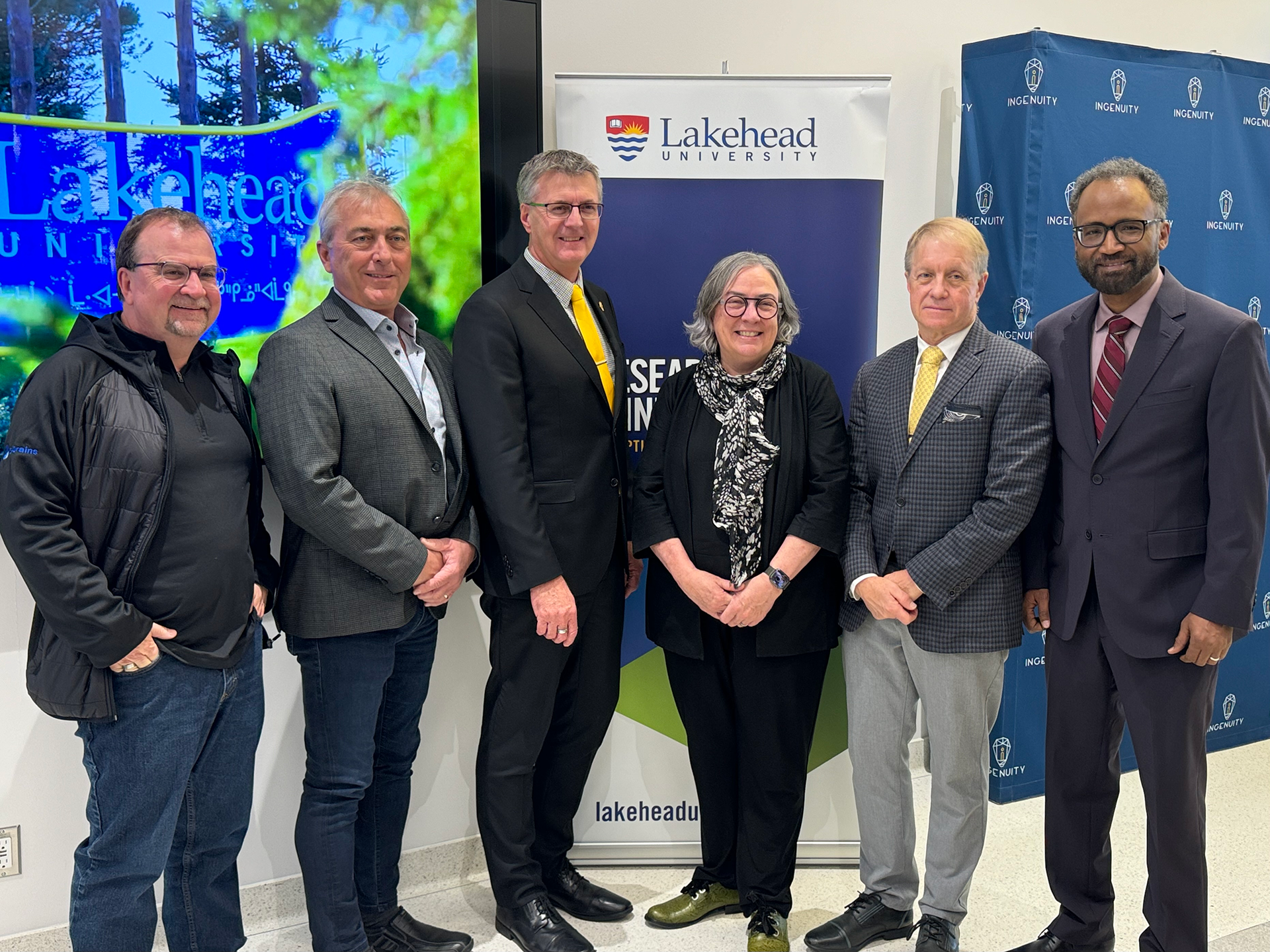
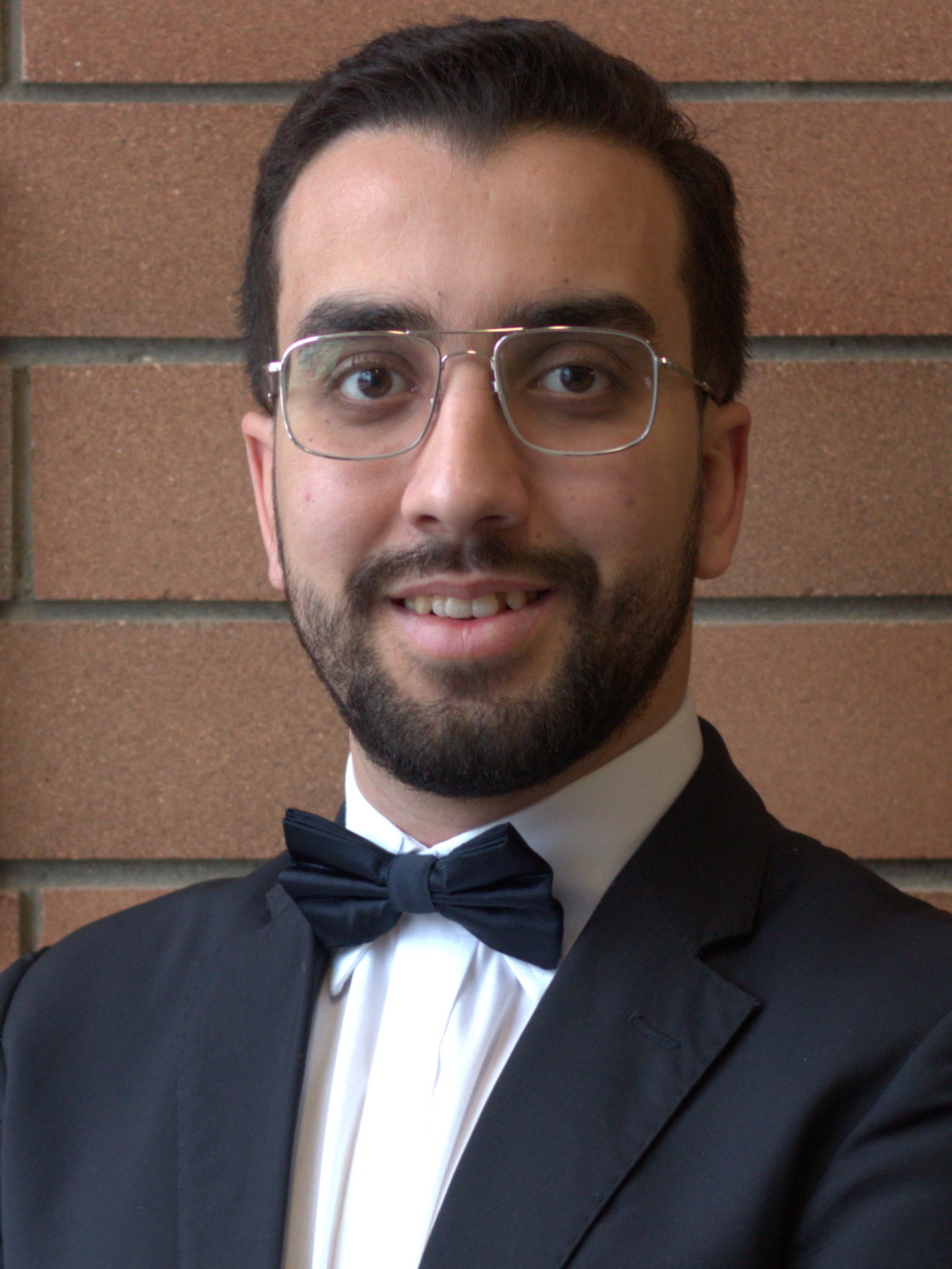 One of the researchers who secured a NSERC Discovery Grant of $147,500 is
One of the researchers who secured a NSERC Discovery Grant of $147,500 is 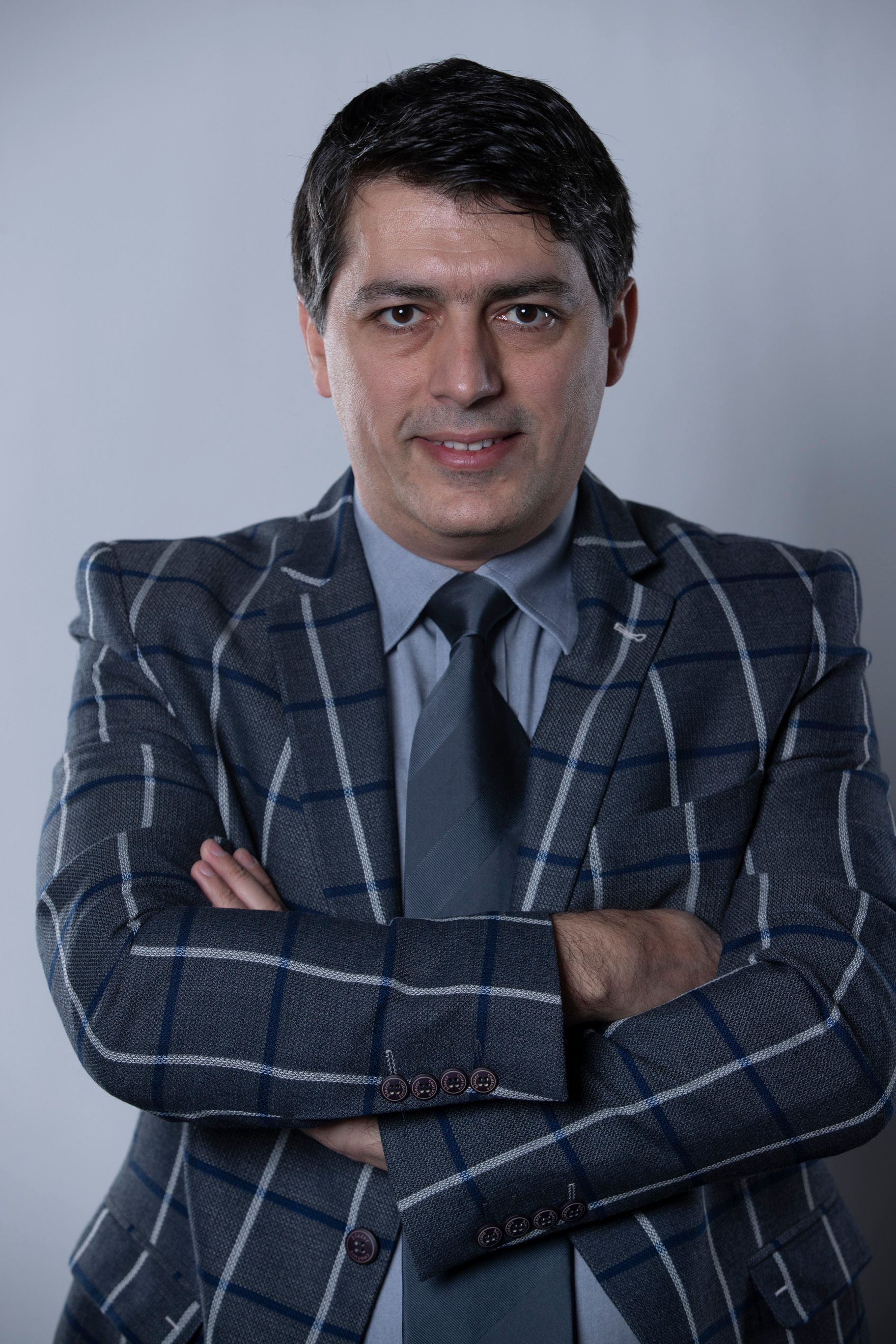 This year’s NSERC funding also supports projects being led by
This year’s NSERC funding also supports projects being led by 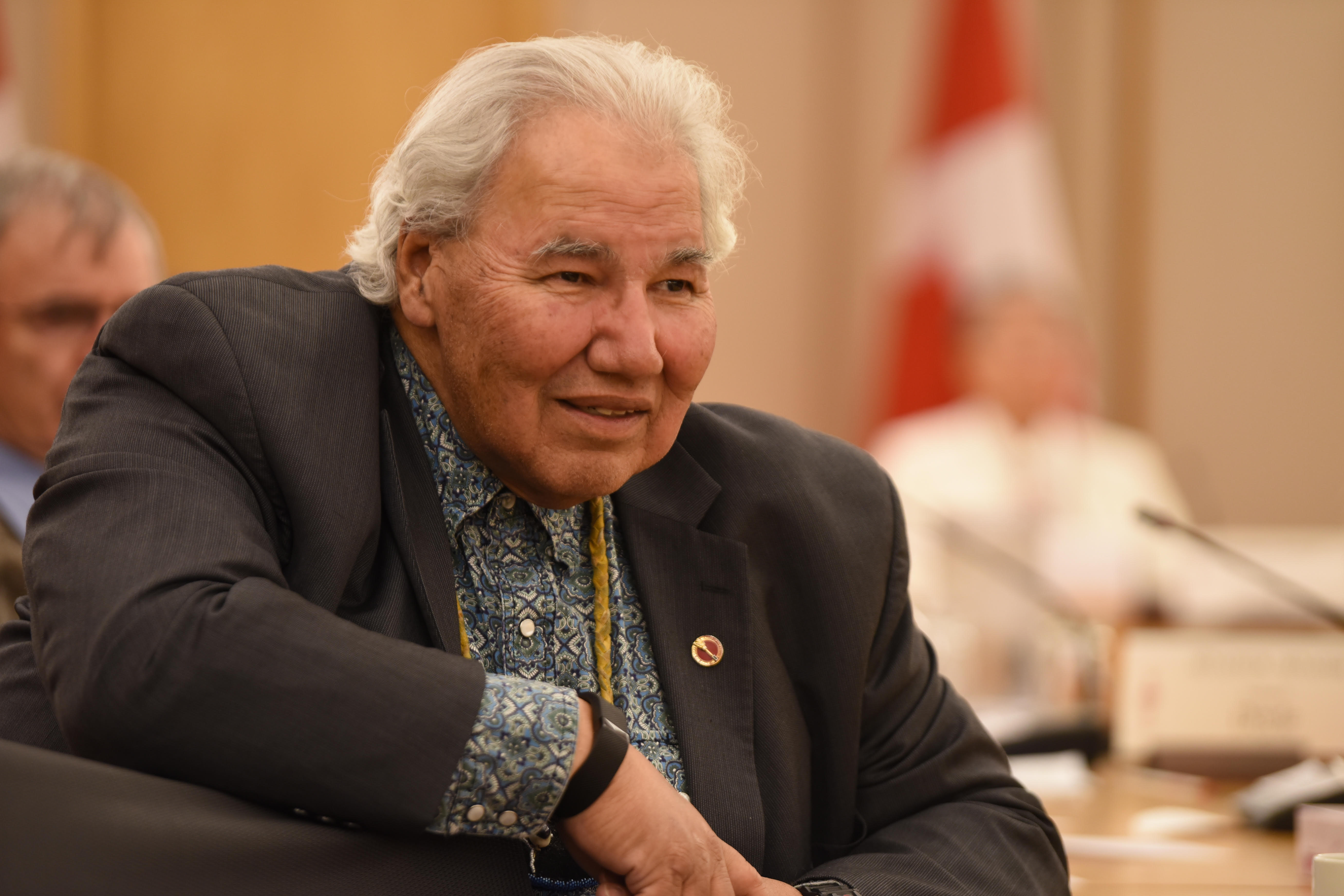
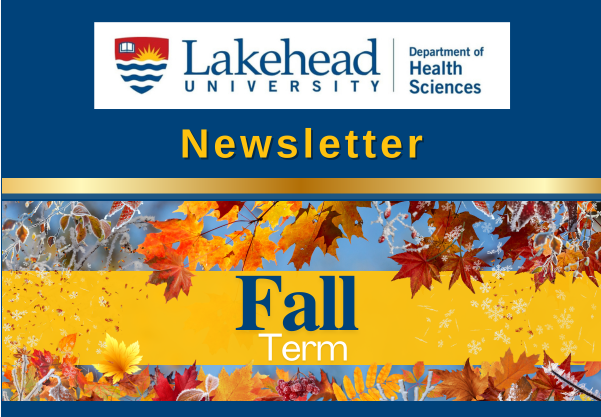
 “Many Indigenous communities have lost lands and resources to hydroelectric development, severely impacting their economic and cultural wellbeing,” Dowsley explained. “By studying some of these injured human-plant relationships we hope to support communities in strengthening their plant relationships. This can have important impacts in areas such as the Sustainable Development Goals, improving the lives of girls and women, and building resilience into damaged local food systems.”
“Many Indigenous communities have lost lands and resources to hydroelectric development, severely impacting their economic and cultural wellbeing,” Dowsley explained. “By studying some of these injured human-plant relationships we hope to support communities in strengthening their plant relationships. This can have important impacts in areas such as the Sustainable Development Goals, improving the lives of girls and women, and building resilience into damaged local food systems.” In another community-focused project, Dr. Mackinnon, an Assistant Professor in Interdisciplinary Studies, will examine how libraries in mid-sized Ontario cities balance safety with their mandate of free and equitable access.
In another community-focused project, Dr. Mackinnon, an Assistant Professor in Interdisciplinary Studies, will examine how libraries in mid-sized Ontario cities balance safety with their mandate of free and equitable access.